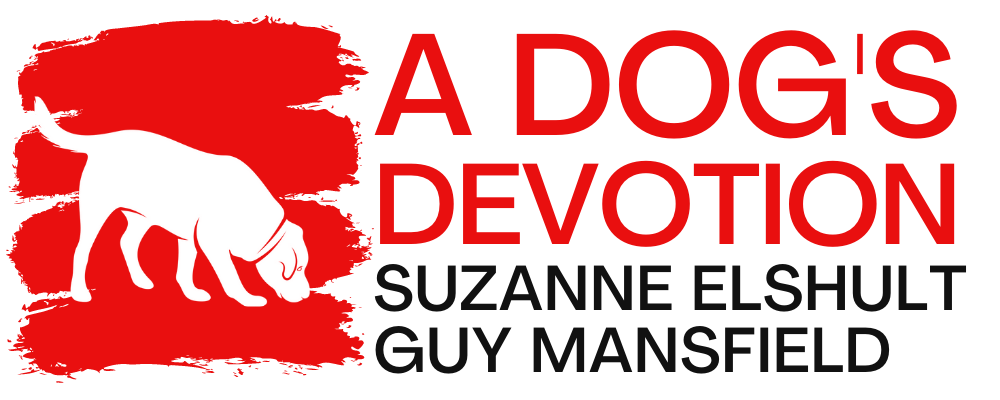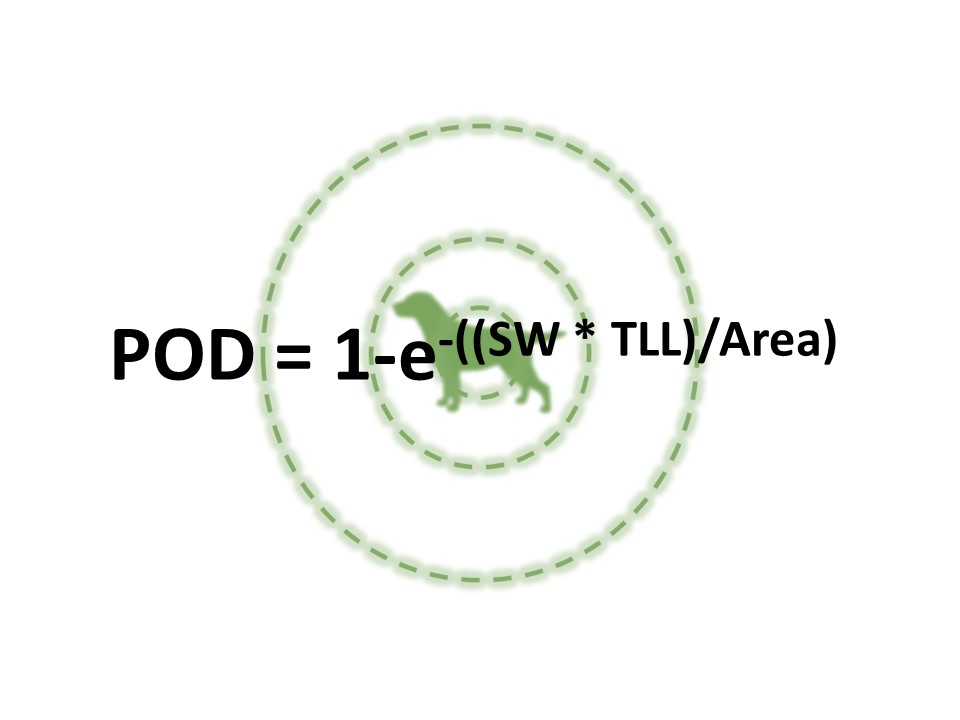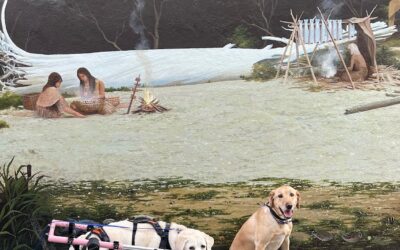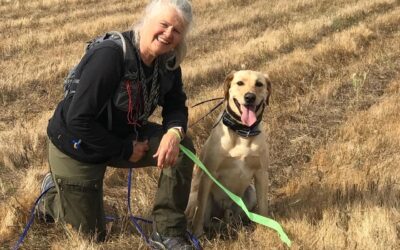It’s a K9 team’s worst nightmare. The mission is over; the subject not found.
Then, a day, a month, or a year later, you hear that remains were found in the area you were assigned to. Oh my God. What did we do wrong?
Probably nothing.
Many of us in SAR are familiar with the concept of “Probability of Detection” (POD). In the days before we attended Search Theory 101, we remember that POD was defined as “the likelihood that you would have found the subject, had they actually been in the area you searched.”
And most of us remember being debriefed at base, and responding, “Well, it was dark as pitch, and the brush was so thick I couldn’t see my dog, and it was way too hot for airscent K9s, and the wind was wrong . . . But I think our POD was about 60%.”
Having attended Search Theory 101 though, we now know two things:
(1) We know that all search sensors (human, K9, UAV, helo) are imperfect. They will miss finding subjects and objects well within their range of detection.
(2) We know that the old method of having searchers guesstimate their POD has been shown to be too inaccurate to be useful, and has been replaced by objective estimation based on concepts such as team travel distance and team sweep width.
When a human search team “misses” a subject, it’s easy for us to acknowledge that humans are imperfect sensors. If you’ve ever seen SAR trainees walk right by 25% of easy-to-see clues during a “clue-path” training, you’ll appreciate this even more.
In contrast, when a K9 team “misses” a subject, some quickly jump to the facile conclusion that search dogs have little value.
A wiser approach is to acknowledge our searchers (whether on two legs, four legs, or eight rotors) are imperfect. Modern search planners will use calculated POD to judge the need to re-search areas (usually the answer is “yes”), without leaping to disparaging conclusions.
Hashtags
#HRDK9 #K9SAR #SearchandRescue #Searchtheory





There seems to be a layer of psychology built into us where we want to blame someone or something (other than ourselves, of course) when things don’t go right, right? I sort of understand what you are saying, but would like to hear more….um, I guess that means I need to get the book!
Absolutely, with any process there is tolerance ( margin of error). No process is spot on perfect especially when it comes to the human eye and searching. How many of us look on the workbench or in the refrigerator and not see what we are looking for and then comeback a day later and there it is right in front of you. “Good thing it wasn’t a snake.” Keep up the good work.
I like your thinking
Our book will not explain search theory in much detail – – – but it will provide interesting (and real life) stories about SAR successes and failures.